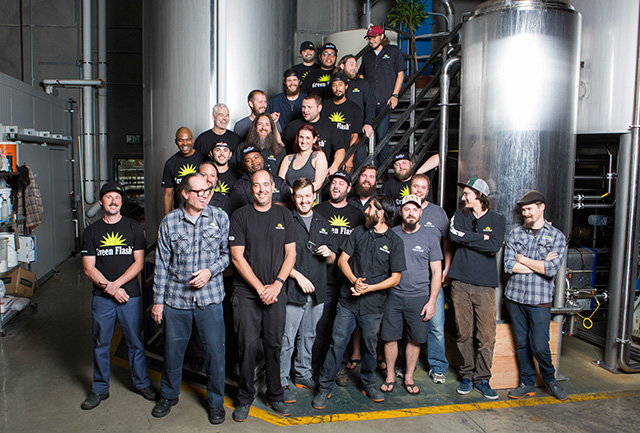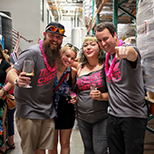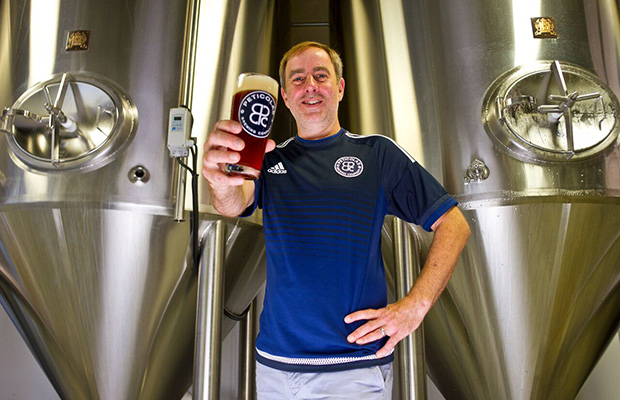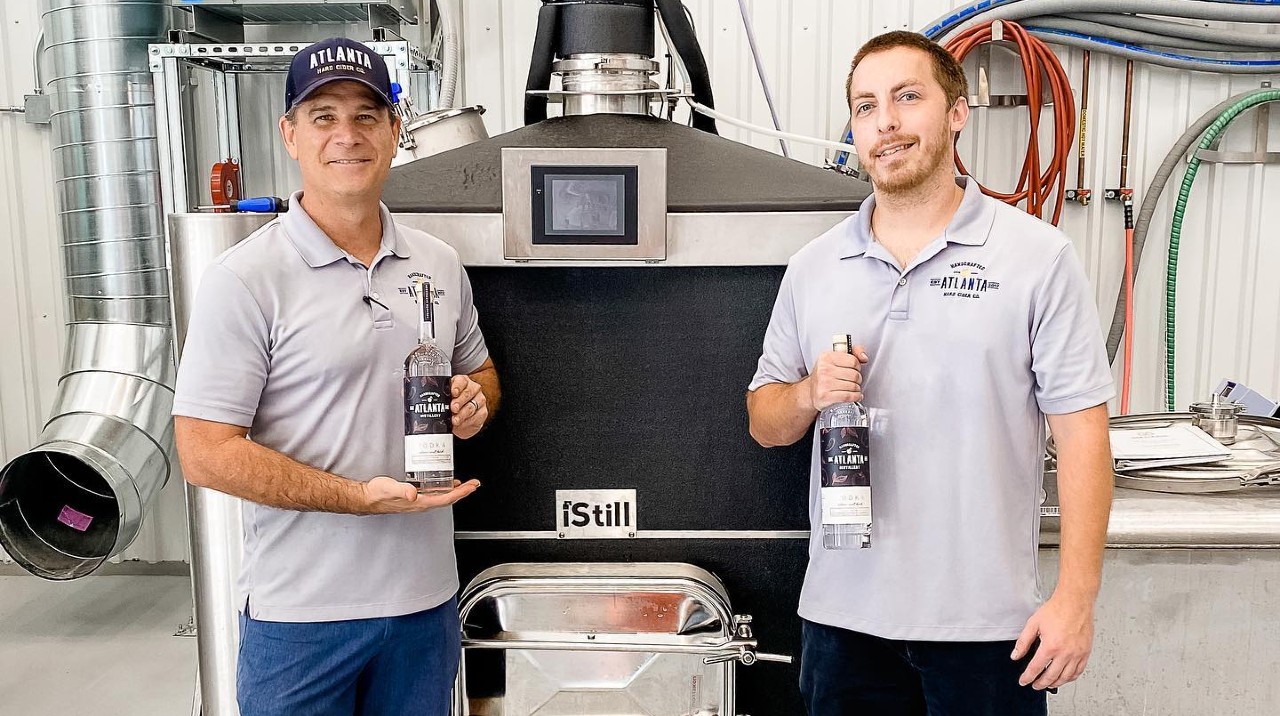
Defining your culture and pinpointing the people that fit in seems to be what drives 21st Amendment and Green Flash as they look to expand. The two West Coast breweries have grown by leaps and bounds over the past two years. Finding and retaining the right people for the right job is at the top of the list.
21st Amendment President Dave Wilson explained that with the addition of a 95,000-square-foot brewhouse in the San Francisco East Bay area of San Leandro in the summer of 2015 that the company will double in employee size within the first six months of 2016. That comes on the heels of doubling in staff size through the last half of 2015.
Finding those hires, from those on the end of a canning or bottling line, to fork-lift operators, quality control staff, packaging workers and administrative spots in San Leandro all the way to finding a new bartender, server or kitchen staff at their brewpub in San Francisco, all are looked at to become a part of the culture. They, like almost everyone hiring for a spot at a brewery is looking for people that want to be there. “We need someone that will get up in the morning and be excited about the job that needs to be filled,” Wilson said. “I don’t care if it’s a brewer or a packing person or a finance department person. We are all wired different so … it’s on us to pinpoint what the job at hand is and what is 80 percent of the job that someone will have when they work here.”
Wilson added that that candidates need to be aware that 21st Amendment has a culture where they “don’t have the opportunity to assign blame.” “The best beer we can do is everyone’s job,” he said. You have to buoy your fellow staff.”
Wilson said he doesn’t mind piling on tasks to a new hire, just to see what sort of mettle they are made of. He says it’s stated during the vetting process what is expected. It’s all about having a pretty specific job description, then sitting down with lots of people and getting gut checks and gauging a level of interest in the industry he said.
“People are excited to get into the industry and may be even willing to take a step back in their personal career with the idea that they can take 15 steps forward in the situation,” Wilson added. “We don’t want to abuse it, but we want to honor it. “If we stick someone in a spot they are willing to do something outside what they were hired because they are able to expand in different ways and we keep them there too long, well that could be a way we are abusing their help. So that’s a fine line.”
San Diego’s Green Flash has used many ways to find candidates for the job. From word-of-mouth, to online ads in multiple places, they have looked to be a national presence despite a output of under 100,000 barrels. From 2002, when Mike and Lisa Hinkley opened the brewery, until 2014, the brewery was small enough to function without a human resources department.
 “It was from a standpoint from our previous lives, and we didn’t see the value in it,” admitted Green Flash’s Chief Financial Officer Steve Goodger. “But both of us are committed to our culture and know that a strong employee culture will help in employee engagement and retention and really help us achieve our goal of being a preeminent national craft brewer.”
“It was from a standpoint from our previous lives, and we didn’t see the value in it,” admitted Green Flash’s Chief Financial Officer Steve Goodger. “But both of us are committed to our culture and know that a strong employee culture will help in employee engagement and retention and really help us achieve our goal of being a preeminent national craft brewer.”
Enter Nicole Hanlon, who joined the Green Flash crew as their first HR manager in early 2014. Although she said they don’t have a specific list of qualifications that makes up what the culture of the Green Flash brand is when looking for a certain candidate, she did point out that they “know it when we see it.”
“We are extremely passionate about the quality and greatness of our beer and we want to have people that get us to our end goal,” said Hanlon.
Gaining and retaining those key people are important as well for Hanlon and she stressed the importance of that at Green Flash. “We are a big family and we do a lot to recognize [our employees],” she said. “We encourage them to grow in the company.. … We ask them were they want to be in two years.
“We want to encourage their passion. Encouraging their passion will keep them on board. If they get bored in their current position, they are going to go somewhere else. There are too many opportunities out there for them.”
For 21st Amendment head brewer Preston Doris, he has gone from a logistics manager to being in charge of the Cold Spring, Minnesota off-site brewery for the California-based brewery while securing raw materials for all three facilities under the 21st Amendment umbrella. A 2012 graduate of UC-Davis’ brewing program, Doris started his career with Laguintas before moving to 21st Amendment in April 2013.
“It was just the right fit and I did everything to show them that I could take on more and more stuff,” he said. “Finding the right fit and balance between what you want out of the company and what the company wants out of you, I think that takes some time.
“I was fortunate to find it as quickly as I did.”
Wilson was happy to call Doris a “success story.” “He could think on his feet and wear a lot of hats and it morphed into logistics and setting up the trucks,” he said. “He was working at a cellar for a great brewery and now he is communicating with our distribution network on orders coming in; and managing the trucks and then started to manage the raw materials for off site brewing and orders cans … and took everything under his wing for almost two years. He took an unconventional path to get there.”
Finding good talent is actually a bit easier recently, Hanlon said. With buyouts from big beer on smaller craft breweries, sometimes downsizing happens to the new acquisitions, leaving some experienced help in the cold. Hanlon said her company is glad to talk about a future.
“It’s a benefit to us as an independent,” she said. “I’ll pick those resumes up any day.”
Wilson summed up his work philosophy to three things he says he even teaches his children as they enter the workforce.
“Show up, [be] reliable and say yes to any task thrown in your vicinity,” he marked off. “You are going to rise to the top pretty damn quick. Those are three qualities that have been lost at some point in time and I don’t get it. Good people are awesome to have around and when you do get them, we work hard to make them contagious, because that is what you need. If I look at your crew, the people that rose quick showed up everyday, were reliable and they said yes. That’s winning right there.”





